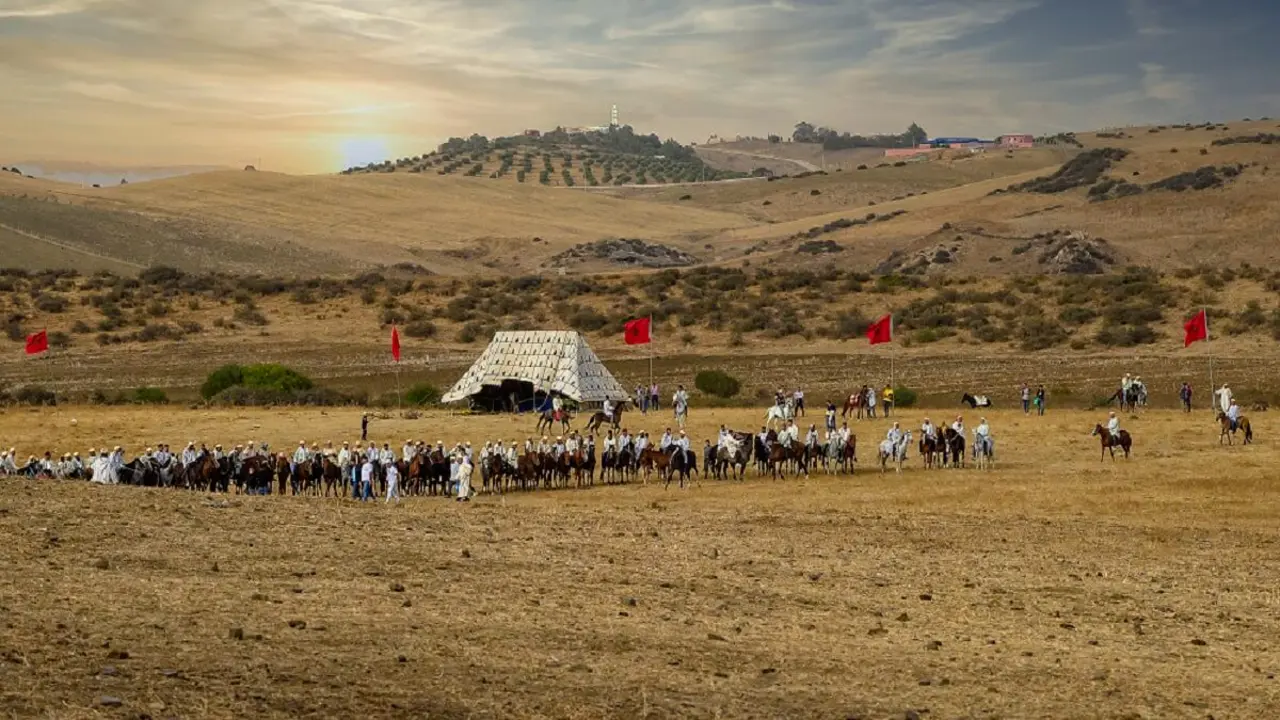A large repatriation device is being developed from the Emirates for the coronavirus

The United Arab Emirates has been one of the leading exponents of the repatriation of foreign nationals from its territory to their countries of origin because of the global health crisis of COVID-19 disease, which has already left hundreds of thousands of dead and millions of cases diagnosed worldwide. Workers from nations such as India and Pakistan are returning as part of a huge operation that began last Thursday with two flights from Dubai and Abu Dhabi airports to the Indian state of Kerala.
The big protagonist in this sense is India and its plan for the return of hundreds of thousands of compatriots trapped by the health emergency of the COVID-19 around the world, highlighting those assigned to the United Arab Emirates (UAE). In the first phase of this Indian device, the aim is to give an option to some 200,000 people to return, although some sources speak of up to 1.8 million Indians who aim to return home over the next few weeks.
The Gulf News referred to this Indian device as "the largest evacuation in the world". This Emirate newspaper published that the Asian country's navy is trying to repatriate up to 1.8 million citizens. A very large number that gives the measure of the weight that this nationality has in the Arab country, where they live around 3.4 million Indians, a large workforce in the territory of the Gulf country.

The statistics are impressive, but it must be taken into account that India is the second most populated country in the world and, in addition, has up to 8.5 million nationals working in the Arabian Peninsula. According to the Financial Express, around 500,000 Indians have already officially requested the diplomatic corps in the Arab countries to return home. More than 200,000 in the UAE alone, according to figures from the Consulate General in Dubai.
Between May 7 and 13, up to 64 special flights were scheduled from 12 countries, which will allow the return of 15,000 Indian citizens. Passengers must pay the price of the ticket and must undergo the mandatory two-week quarantine on arrival. In addition, four Indian Navy ships, including two large amphibious landing ships, went to pick up civilians in Arabia and the Maldives. Indian authorities have also indicated that all passengers will be checked at the departure airport and only those who are asymptomatic will be allowed to board. In addition, each passenger is given a package of medical supplies, which includes two masks, two pairs of gloves and hand disinfectant.

"Priority will be given to workers in distress, the elderly, medical emergencies, pregnant women, as well as other people who have been left in difficult situations," the Indian Consulate in Dubai said on the social network Twitter about the operation deployed.
India suspended all international flights at the end of March when the government of Prime Minister Narendra Modi established an iron-clad containment to stop the spread of the coronavirus. Hundreds of thousands of Indians were trapped in various parts of the world, especially in the Gulf monarchies. Since then, he has operated a few repatriation flights, but refused to accept the mass return of tens of thousands of workers because of the lack of means to ensure their quarantine. That refusal had led to clashes with some governments in the region, with the Emirates even threatening to limit the number of work visas for countries that refused to receive their citizens.

On the other hand, more than 80 doctors have arrived in the Emirates from India to help deal with the COVID-19 pandemic. "As part of the interest of 'UAE-EmbassyIndia' in supporting the efforts of the UAE in the fight against #Covid_19, Indian authorities allowed the first group of 88 doctors, specialists and nurses to be sent to the UAE in a short period of time," reported the Emirati Embassy in New Delhi through the social network Twitter.
Meanwhile, Pakistan is another player in this affair. Tens of thousands of Pakistanis are trapped in the UAE because of the global coronavirus crisis, including people whose visas have expired, workers who have been laid off and others who are on paid leave, according to consular authorities.

Pakistan's consul general in the UAE, Ahmad Amjad Ali, spoke to his fellow Pakistanis in the various emirates through the media and warned that those affected "include pregnant women, emergency cases and students". According to the consul, the state airline Pakistan International Airlines (PIA) was prepared to issue plane tickets once people wishing to return to the Asian country register for this purpose through the Embassy in UAE.

A month ago, the diplomat had estimated that about 20,000 citizens were waiting to be able to fly back to Pakistan, out of the total of about 1.6 million Pakistanis in the Arab country, whose population is less than 10 million. Other sources even speak of 60,000 Pakistani nationals planning to return.

Pakistan suspended all flights to the country on March 21, leaving tens of thousands of Pakistanis stranded in the UAE, where they make up a significant part of the workforce available to the labour market, along with other South Asian nationalities such as India.








